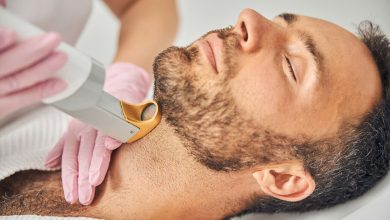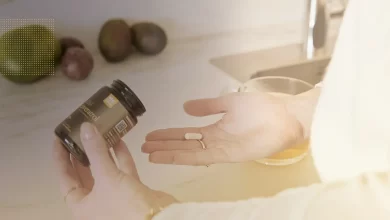How Much Does It Cost For The Massachusetts Medical Marijuana Card?

If you are wondering how to get medical cannabis in Massachusetts, make sure to take a look at our guide below. Patients suffering from debilitating ailments. Consultation fees for Massachusetts medical marijuana card cost range from $150 to $200. Other debilitating ailments might receive approval if your health provider determines you are eligible for this treatment. These ailments might include;
- Cancer
- Hepatitis C
- ALS
- Multiple sclerosis
- HIV/AIDS
- Parkinson’s disease
- Glaucoma
- Crohn’s disease
Other debilitating ailments might receive the approval of your doctor to determine if they are eligible. Such conditions might be;
- PTSD
- Chronic pain of at least six months
- Chronic muscle spasms
In November 2008, the state of Massachusetts decriminalized possession of small amounts of cannabis. But four years later, 63% of the voter-approved question 3 made medical cannabis legal, and the law was effective in January 2013. Three years later, the state made recreational cannabis legal using question 4. It took some time to get things into order, but the sales started in November 2018. But medical cannabis patients still enjoy benefits like lower taxes, higher THC limits, and a wider range of products. It is therefore work knowing the Massachusetts medical marijuana card cost and the application process. Keep reading for more details.
How to Get Massachusetts Medical Cannabis Card?
Before applying for the Massachusetts medical cannabis card, you must be a state resident. Be at least 18 years and suffer from a chronic ailment. You will also be required to provide some documents like a utility bill, loan, or mortgage lease dated in the last six months. Here are some critical steps you need to follow to get a medical marijuana card in Massachusetts.
1. Get the Doctor’s Recommendation
After establishing you are eligible, you will need to book a consultation session with a licensed doctor in the state. We recommend you carry your medical records alongside. During this meeting, you will inquire about your medical history, and together, you will discuss if cannabis treatment will be the ideal approach. And if you are eligible, the doctor will provide you with a recommendation to get medical cannabis in the state.
Something worth noting is that the doctor can recommend medical services for marijuana for a period ranging from 150 to 365 days. And if you are recertified for less than 365 days, you will be required to get recertified before the first period ends.
Your medical cannabis doctor needs a full license, no prescribing restrictions, and a Massachusetts-controlled registration. The doctor must also have at least one established practice in the state. You will also be required to have a bona fide relationship with the doctor. After getting your certification, you will receive a PIN from the state. Ensure you keep it safe since it is a critical part of your registration.
2. Register for Medical Marijuana Program
The fastest way to register online is online. But if you cannot do this, you can ask for lengthy paperwork. After becoming a medical cannabis patient, the next step is registration. Before this step, you need to ensure you have the following;
- Access to a tool to help you upload your documents
- A valid form of identification
- Your valid photo was taken in less than six months
- Any payment or proof of hardship.
3. Wait for Your Medical Marijuana Card
If you are required to change any of your details on the MMJ online system, you will be required to do so in five working days. All the applications will be reviewed in the order of the dates received, and in about 7 to 10 days, your card will arrive in the mail.
Final Thought
The Massachusetts medical marijuana card cost ranges from $50 and $200. Typically, you are required to pay for the consultation and application fees. Applying for a medical cannabis card in this state is worth it, even though recreational marijuana is legal. And this is because, with the card, you can enjoy several benefits and purchase the products at lower costs, which come in greater quantities. Massachusetts has the highest possession limits compared to other states.



